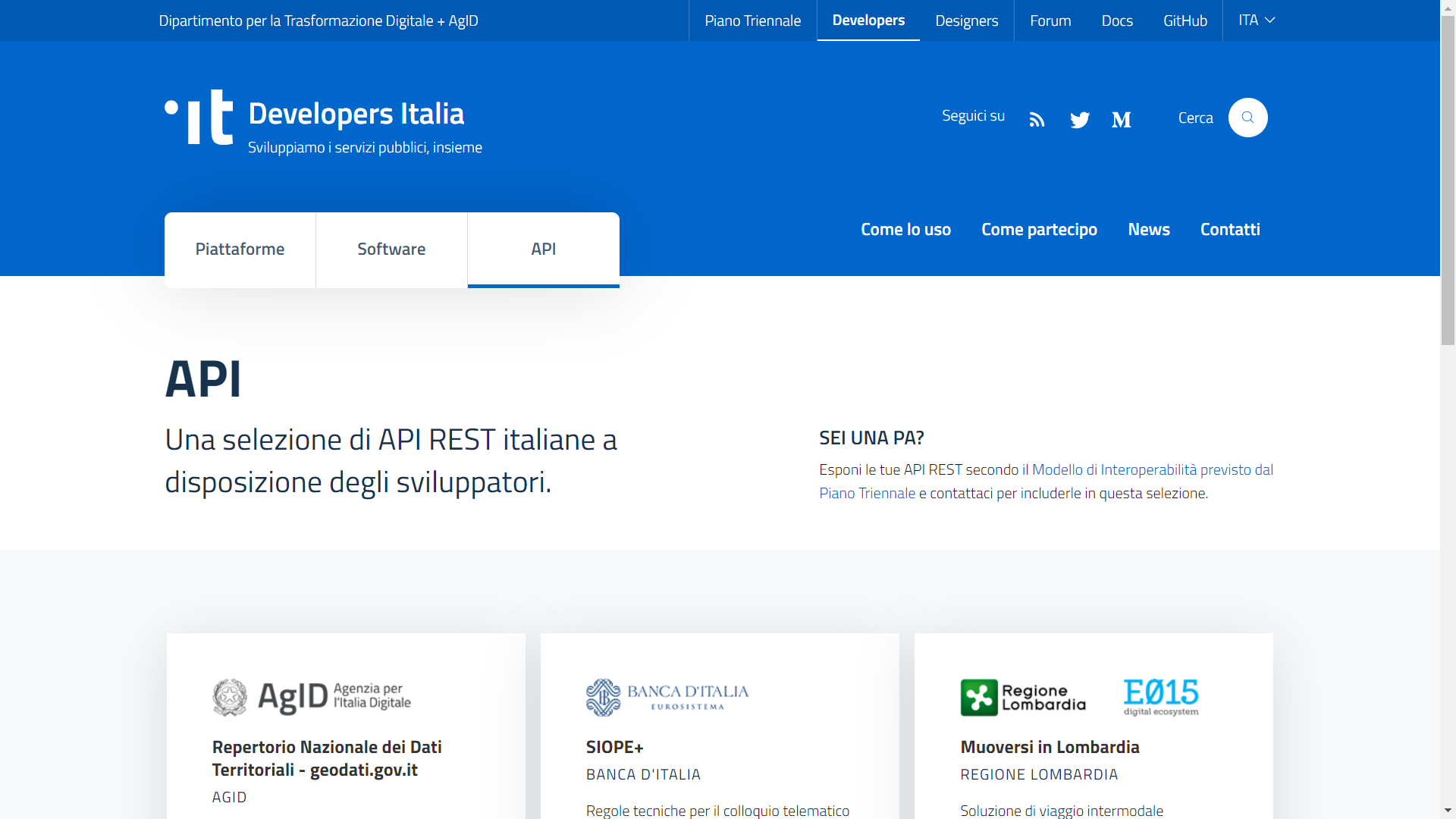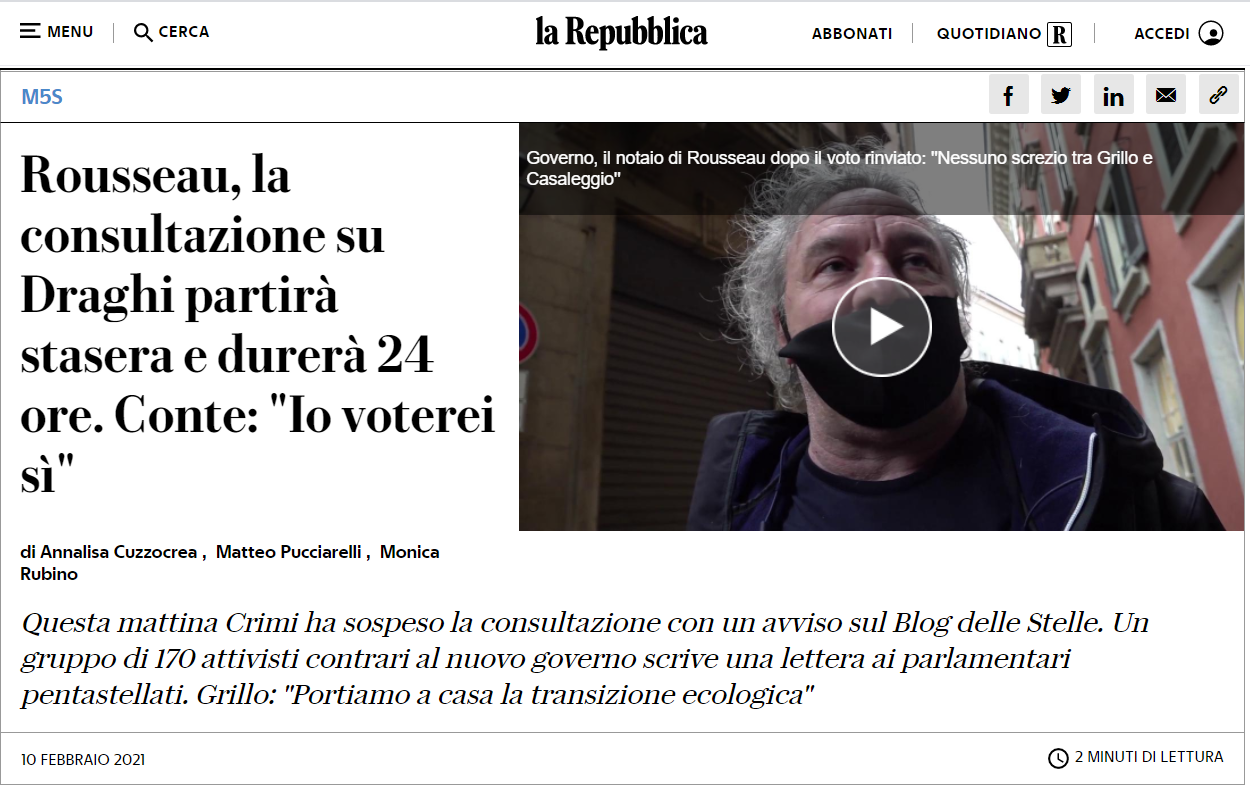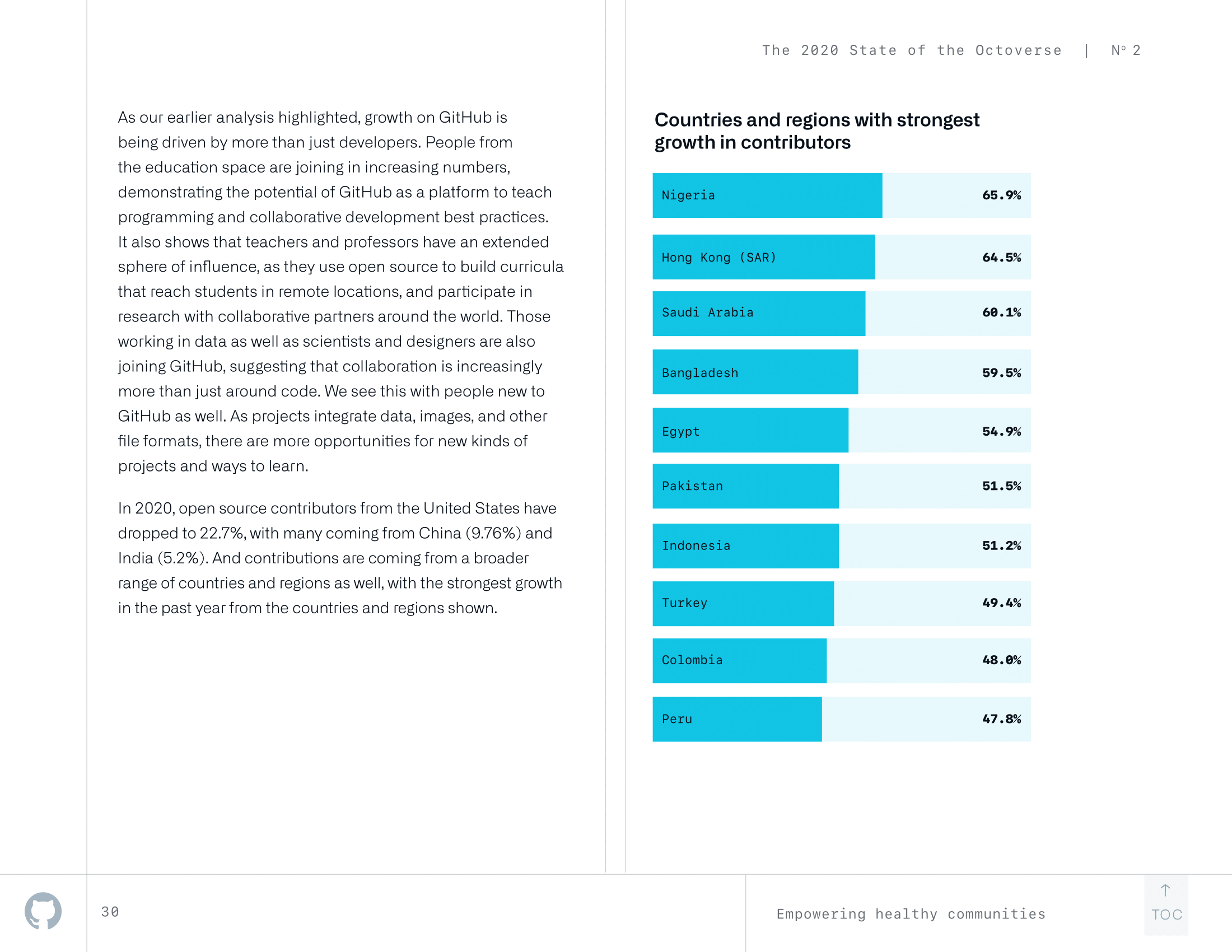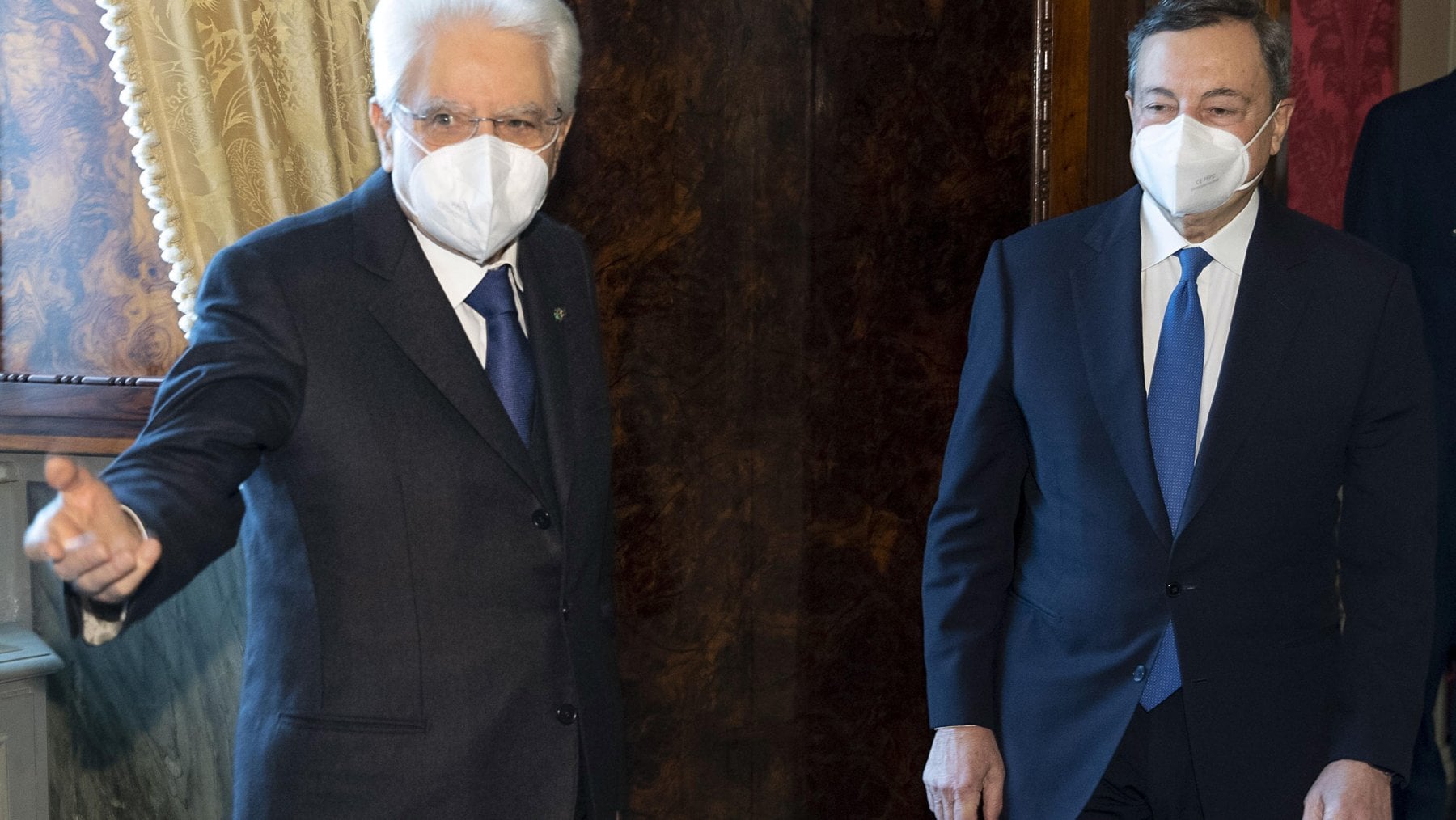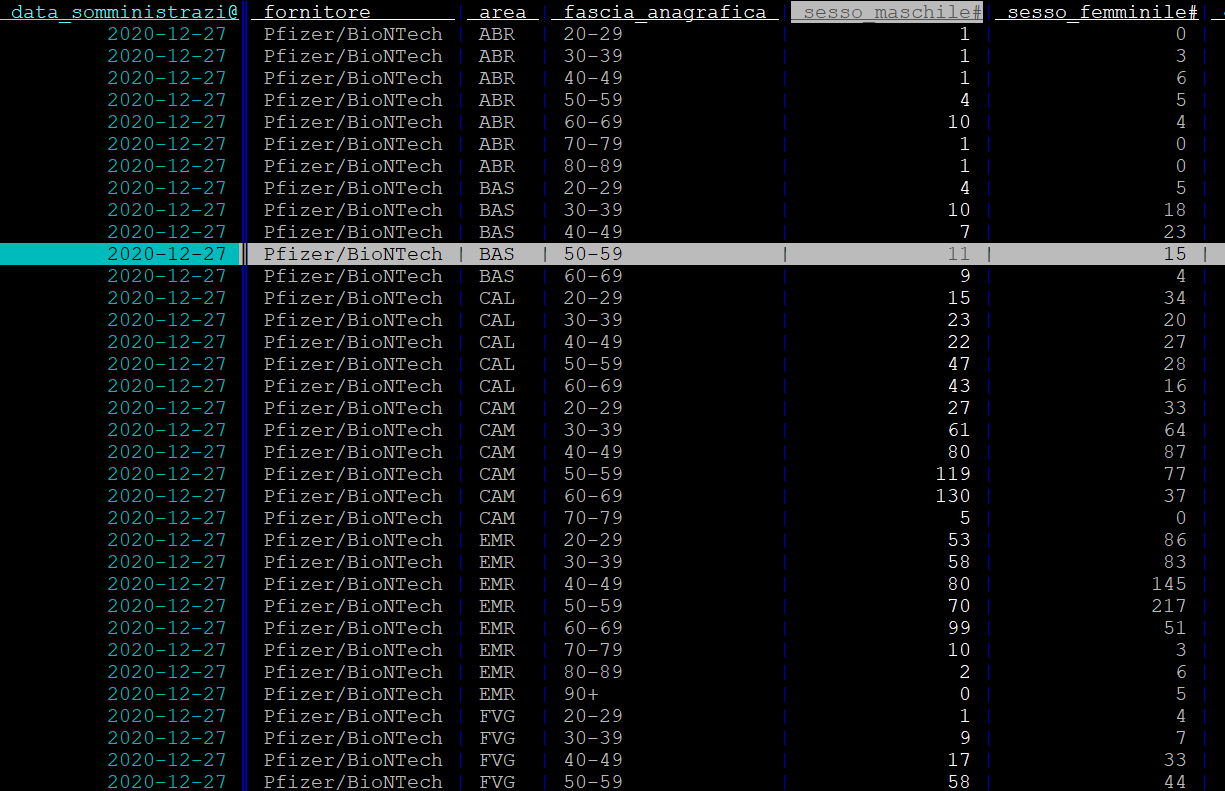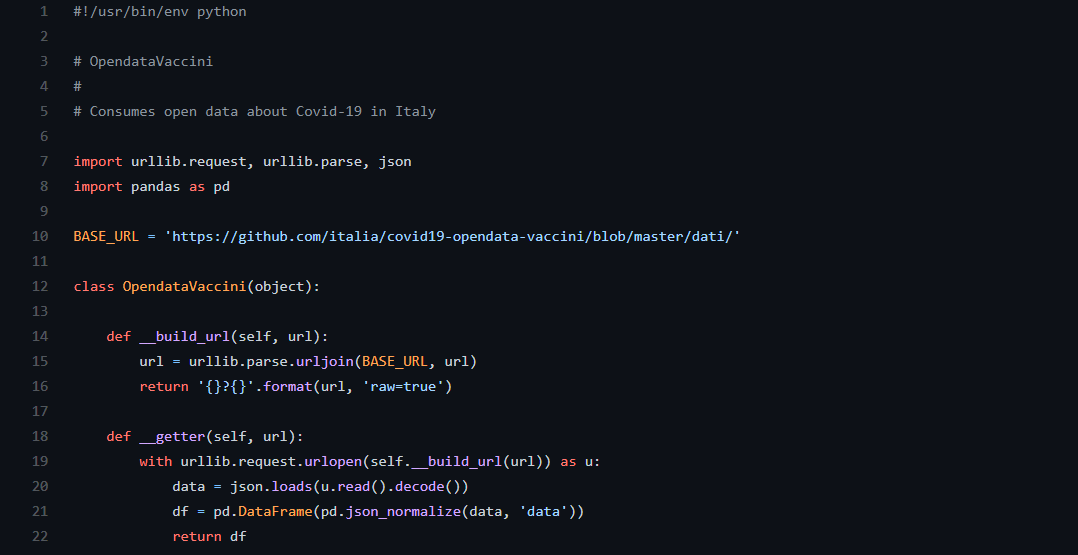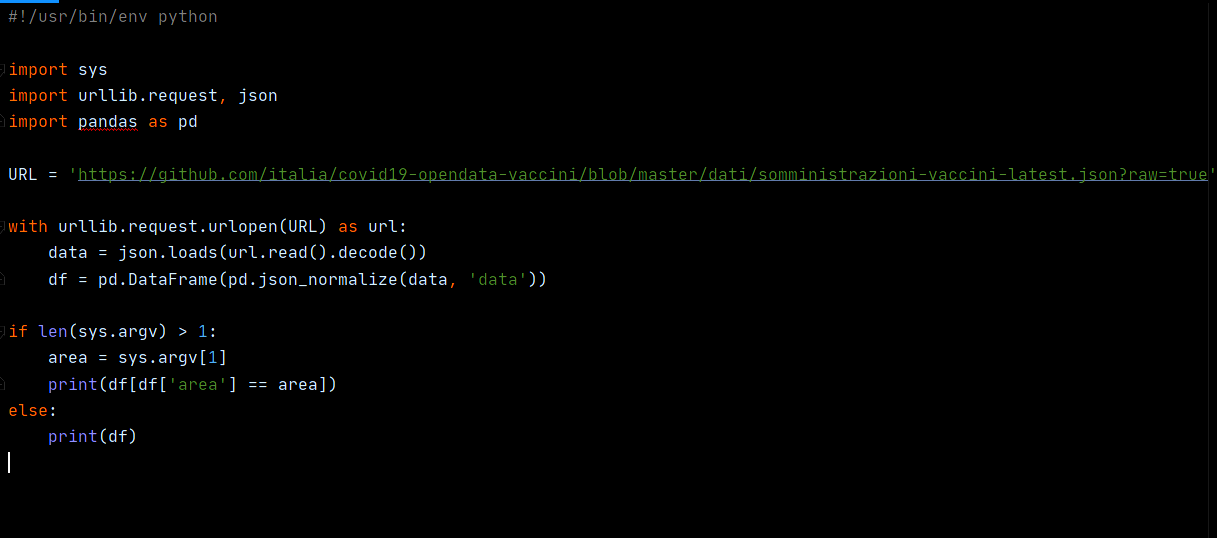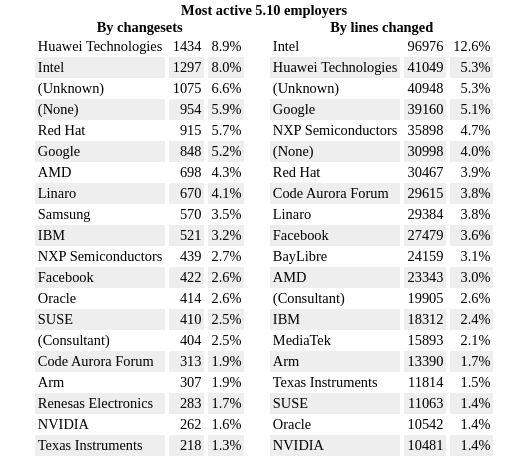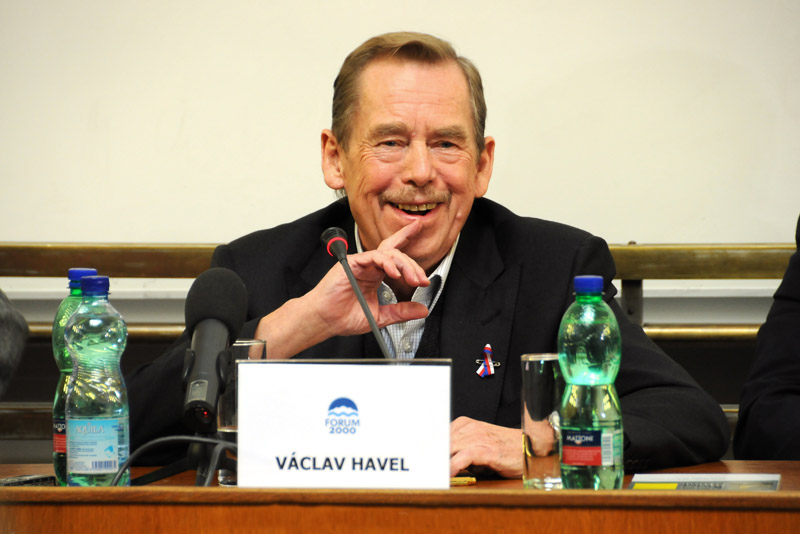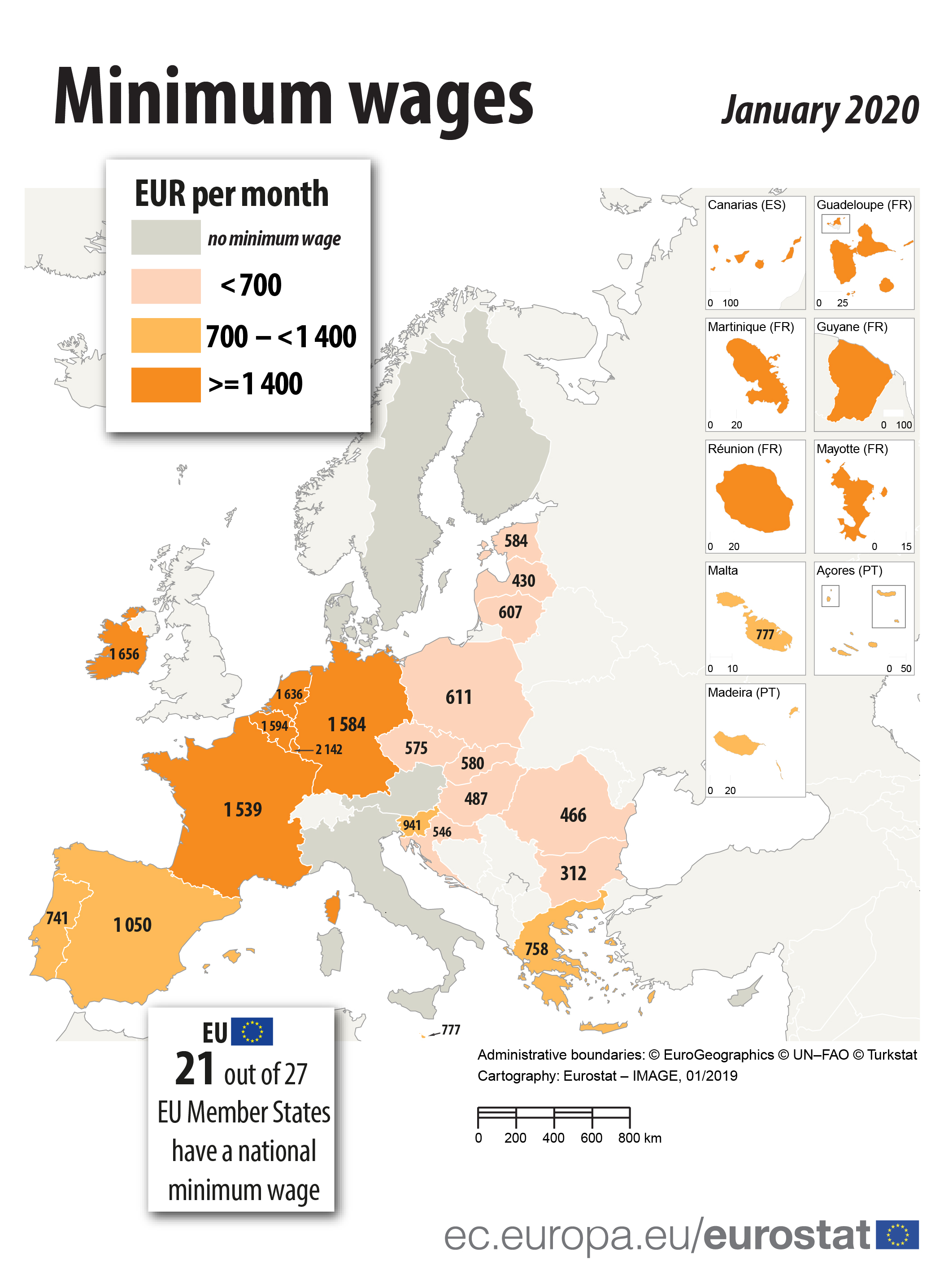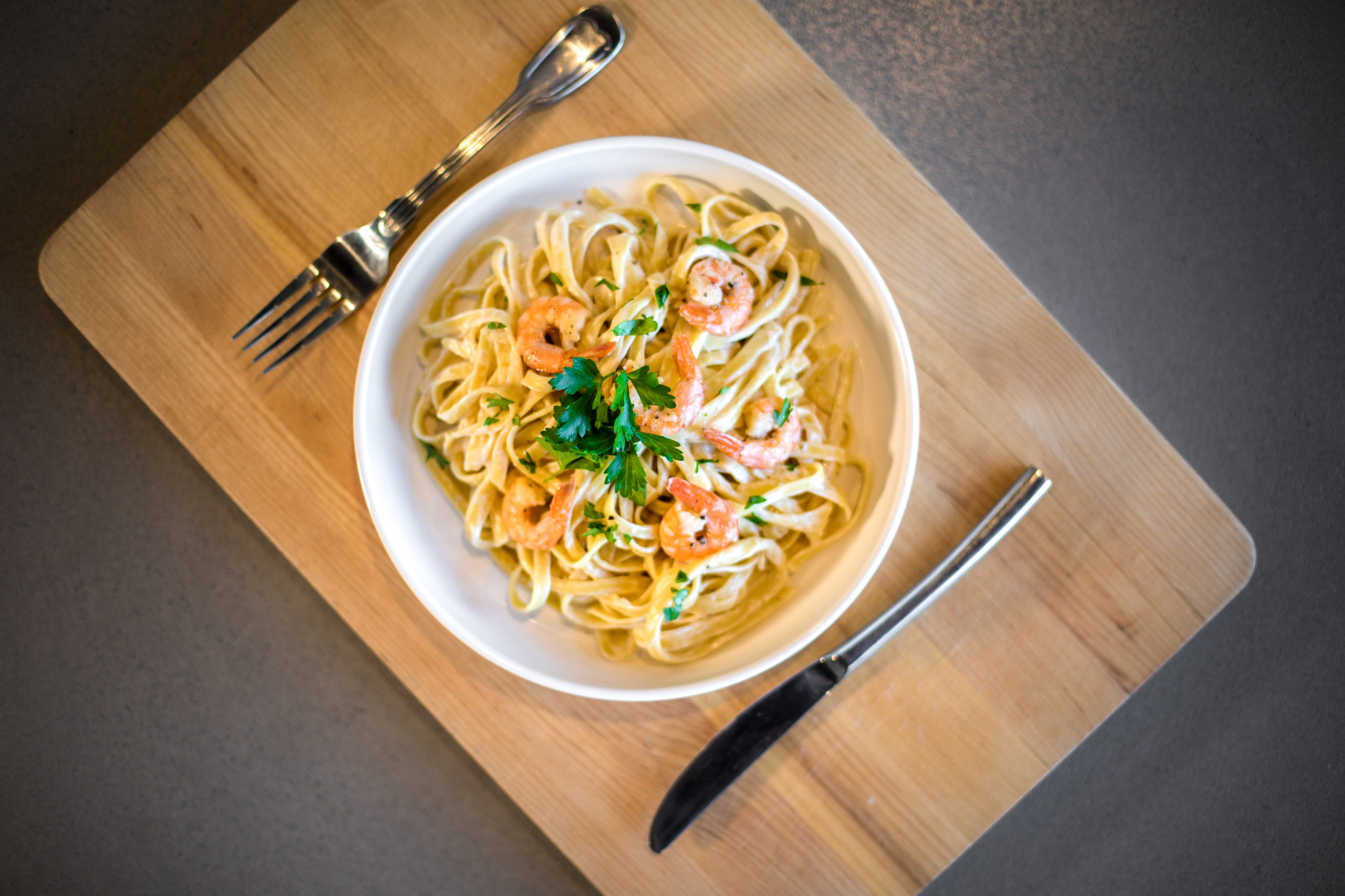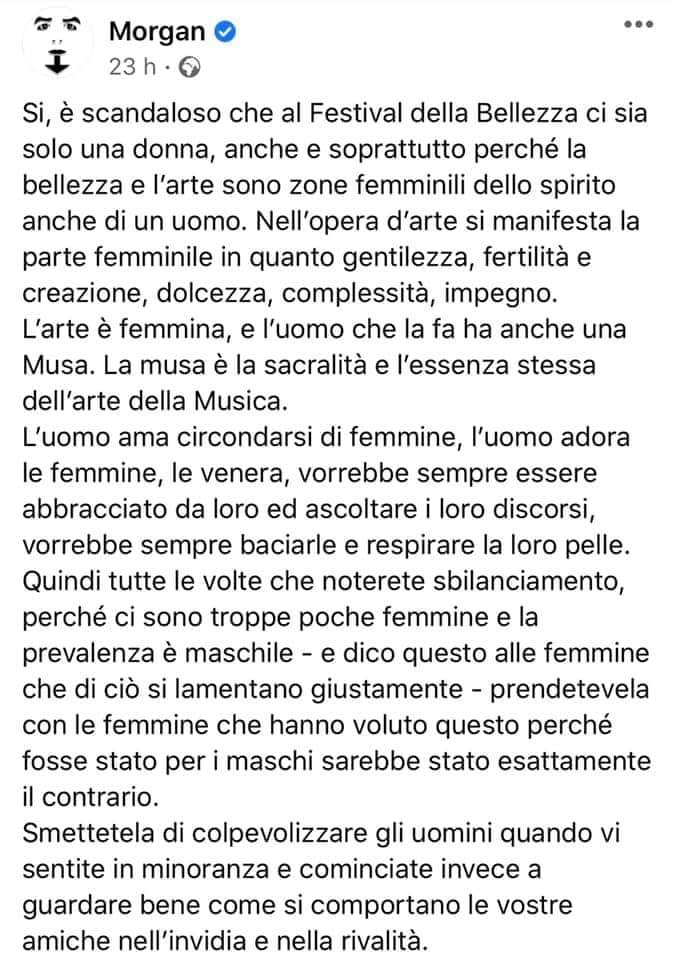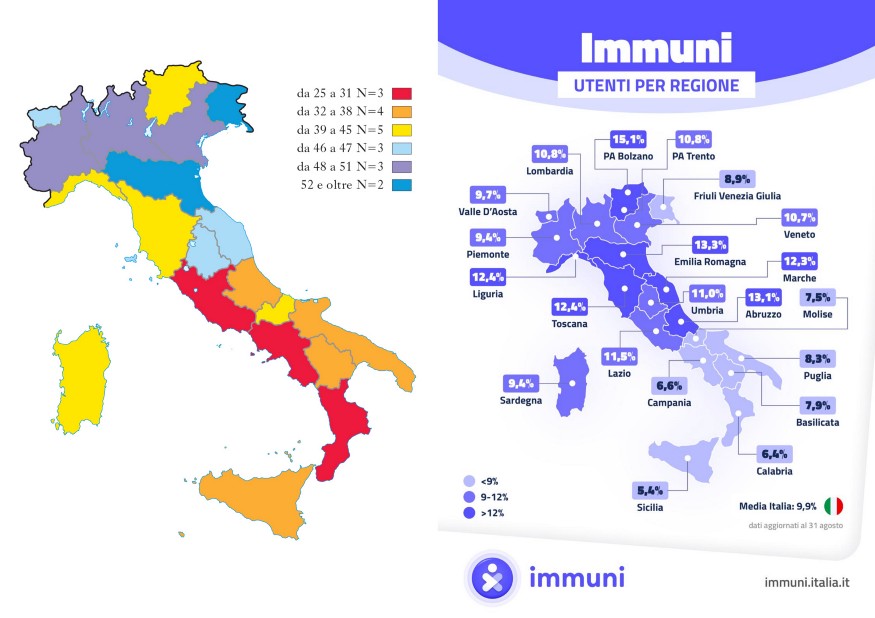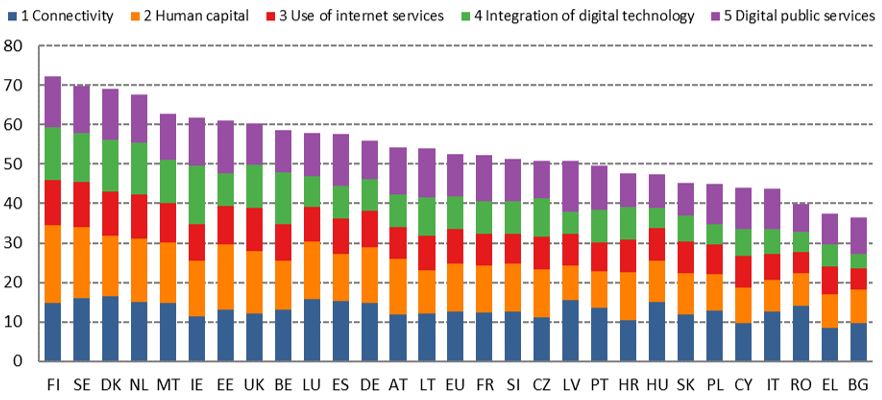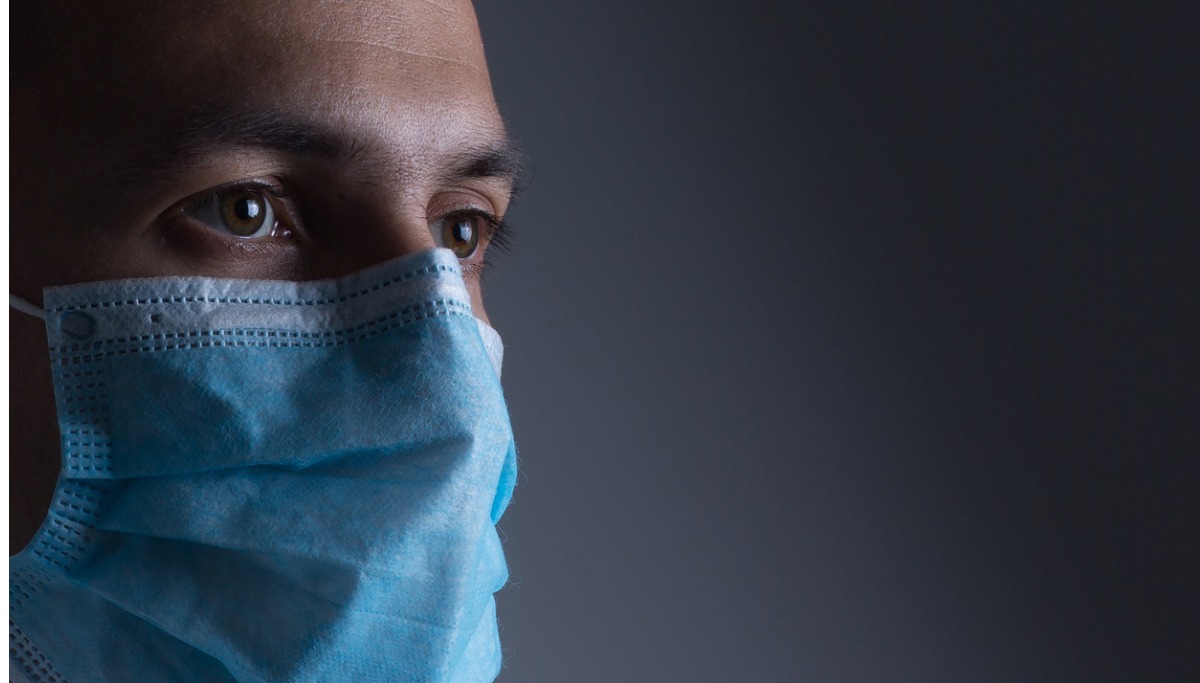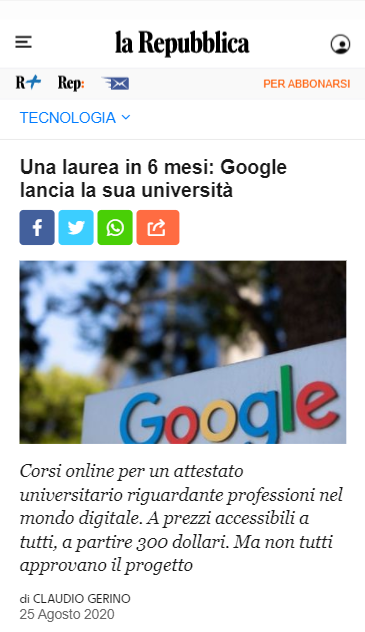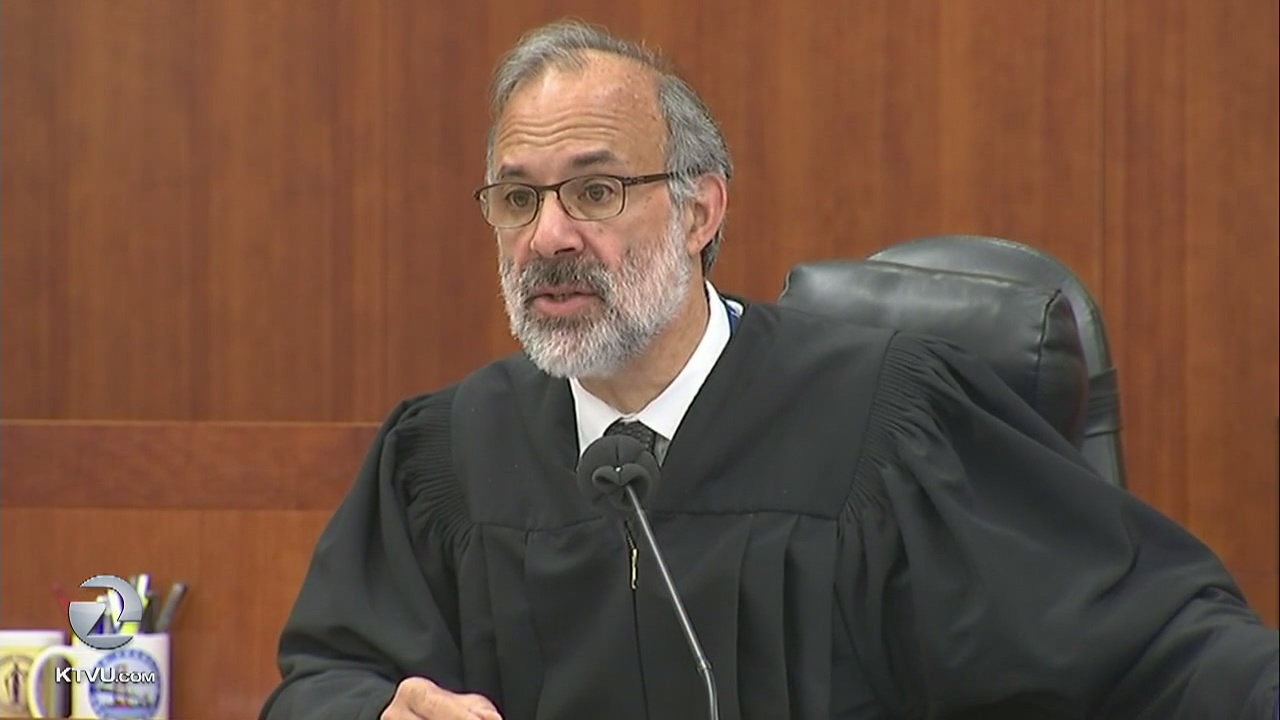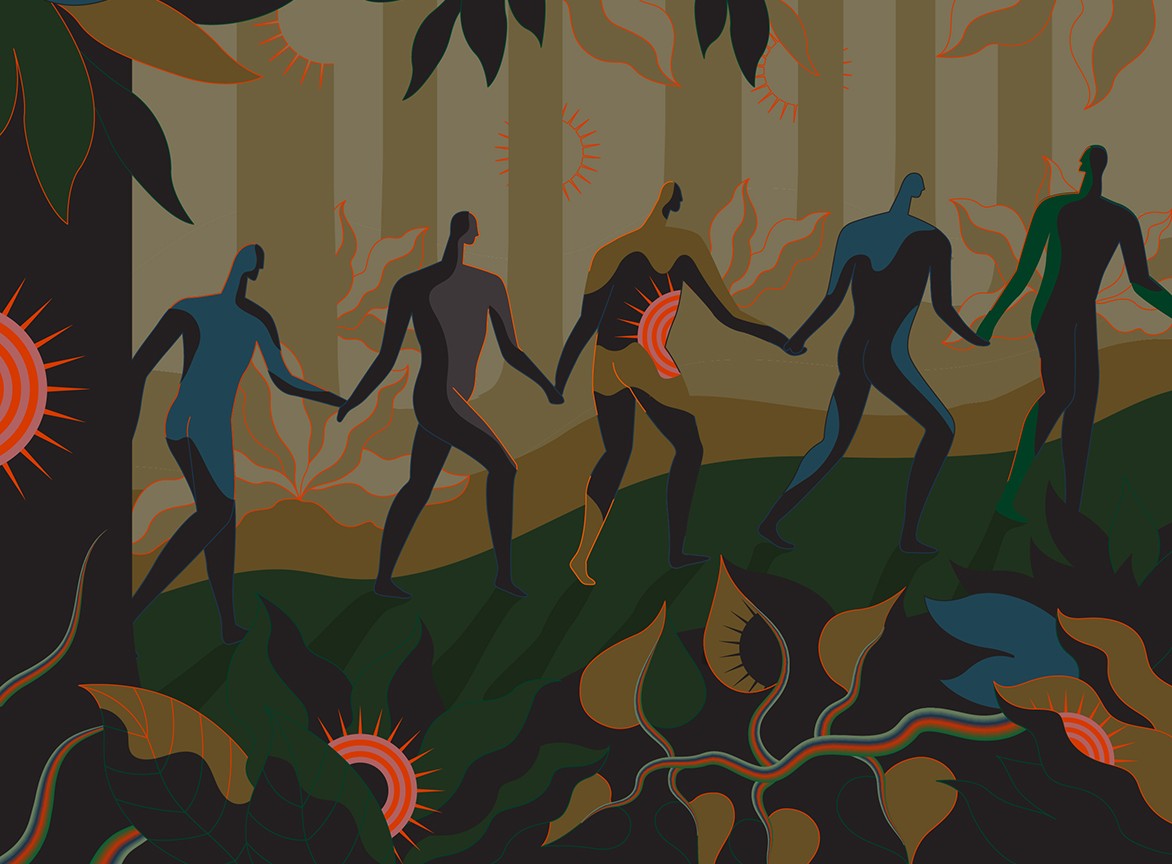In praise of social onlife

As the pandemic rears its ugly head again and again, we might find ourselves forced to stay at home longer than we expected to. Thus, it is key for our mental health to strike a balance between a fully-fledged “social onlife” and our natural tendency towards isolation and self-sufficiency — a behavioural bias that humans have somehow embedded at least as much as they depend on social skills, but which, although healthy if indulged in with awareness, might jeopardise the natural process of growth which happens through constant (not necessarily physical) interaction with others. If listened carelessly, the enchanting song of our inner self is capable of leading us astray.
Avoidance of human relationships is a synonym with denial of life and borders on neurosis. While it is undeniable that every relationship, if lived with genuine openness and availability, is often fraught with risks, it not less often is full of opportunities for personal growth. Protecting ourselves from the potential danger inherent in contact with others ends up draining life of its very meaning — spiritually, it kills us. And so, as a river overflows its banks, too weak to contain the impetus, so life will end sooner or later sweep away the precarious defence we erect against meeting with others or, as Lacan used to say, l’Autre.
